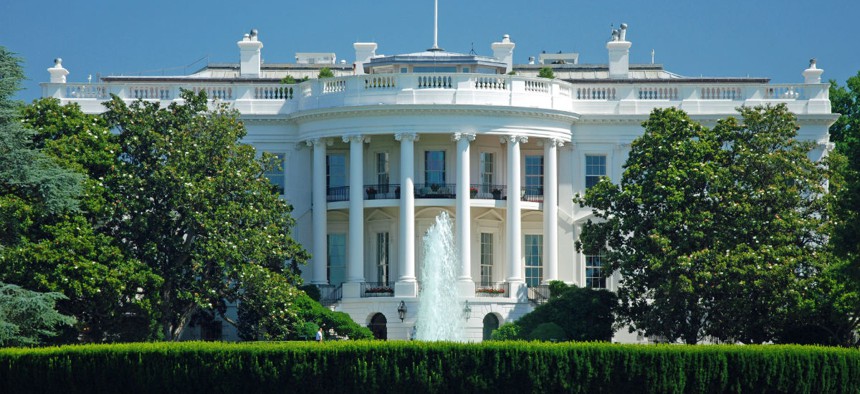White House Gives Ground on Ethics Waivers, Continues Questioning Legality
Budget director says Office of Government Ethics will get requested disclosures.
This story has been updated.
The White House at the start of the Memorial Day weekend eased its earlier opposition to delivering lists of ethics waivers to the Office of Government Ethics, though it continues to question the legality of such governmentwide requirements.
Budget director Mick Mulvaney in a May 26 letter to OGE Director Walter Shaub said OGE had “mischaracterized” OMB’s intentions in requesting a “stay” in the ethics office data call for lists of disclosure requirement waivers granted to appointees such as former lobbyists or wealthy business people.
The story was first reported by the New York Times and confirmed with OGE by Government Executive.
“Contrary to your assertions, OMB has never sought to impede OGE nor to prevent others, including agencies, from acting as required by law,” Mulvaney wrote. “OMB merely requested that OGE temporarily delay the return date of the data call to ensure sufficient consideration was given to legal questions.”
Though OMB will continue its consultation with the Justice Department’s Office of Legal Counsel on whether the OGE’s demand for a list of ethics waivers is legal, OMB is “voluntarily providing the information you requested: OMB did not issue or approve any waivers or authorizations requested by the data call.”
White House spokesman Lindsay Walters on Saturday told the Times and the Washington Post that the White House by June 1 would publicly post ethics waivers, though she said the development represented more of a clarification than a reversal.
Richard Painter, who was ethics chief at the White House under George W. Bush, told Government Executive on Tuesday, “The issue is, are you going to provide the documents on June 1 or not?” He said there is no question that OGE has the right to demand the documents, but if the agencies don’t hand them over, “I don’t know what the remedy is, since OGE doesn’t go to court to sue agencies.”
Painter, now a law professor at the University of Minnesota, said it would be up to Congress or the individual private parties who have standing to ask a judge.
The change in White House plans did not satisfy Democratic lawmakers. On Tuesday, Rep. Stephen Lynch, D-Mass., introduced the White House Ethics Transparency Act (H.R. 2762) with dozens of co-sponsors. It would require presidential administrations to “promptly disclose waivers of executive branch ethics rules to the OGE” within 30 days of issuance and post them on the White House and OGE websites.
“The Trump administration’s continuing and brazen resistance to ethics transparency impedes necessary oversight by the Office of Government Ethics and decreases public confidence in the executive branch,” Lynch said in a statement. “While President Trump pledged to ‘drain the swamp,’ he has already flooded the White House and other federal agencies with former lobbyists, consultants and industry attorneys whose previous work in the private sector presents serious conflict of interest concerns.”
Some 58 House members also signed a letter to Mulvaney urging prompt compliance with the OGE demands.




